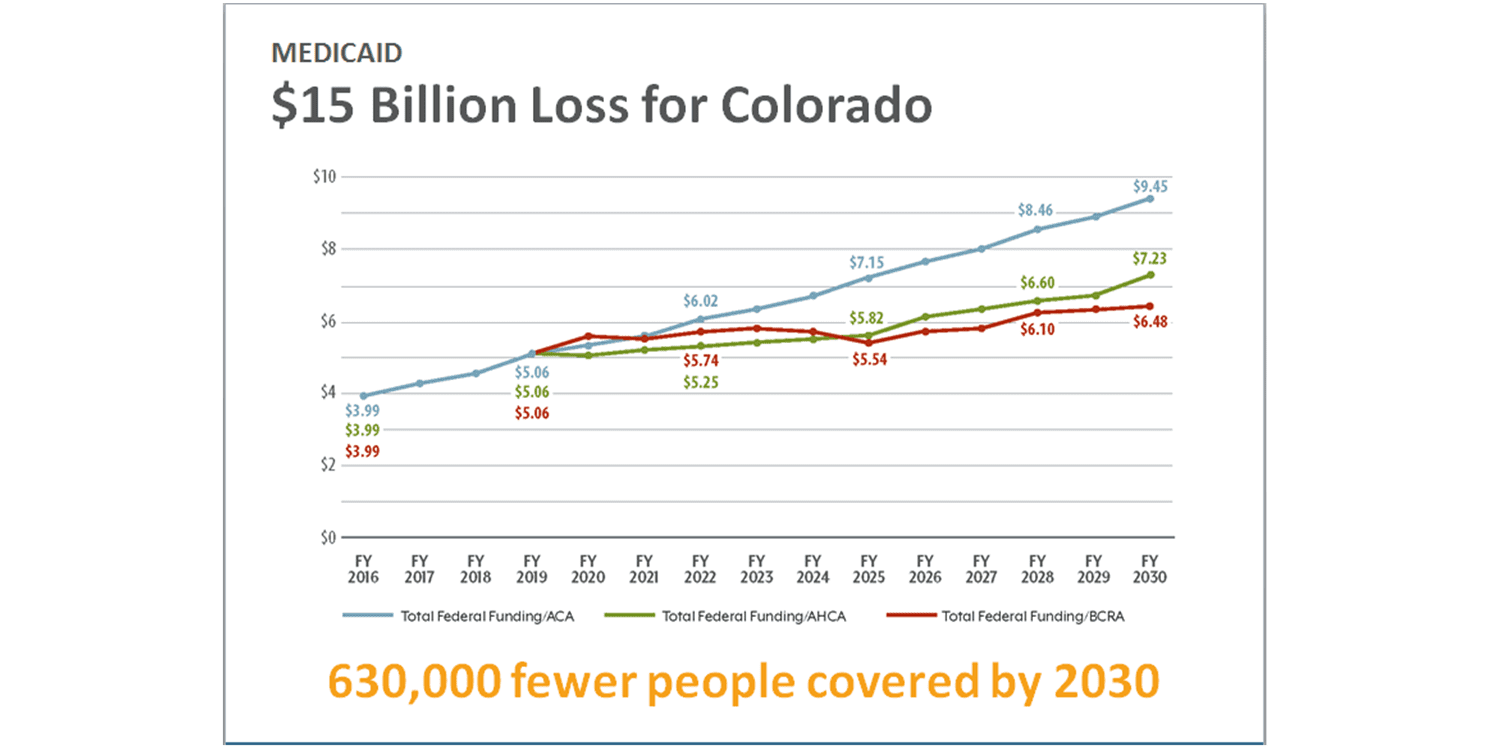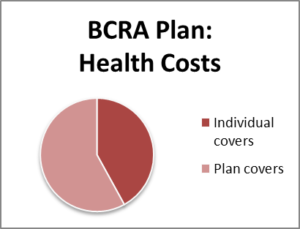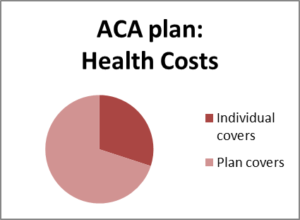Colorado health advocates presented to the Joint Budget Committee on glitch-plagued Public Health Emergency Unwind.
Recent articles
2024 Legislative session: addressing economic challenges at the individual and state level
Addressing economic challenges at the individual and state level after the 2024 Colorado legislative session.
CCLP’s 2024 legislative wrap-up, part 2
CCLP's 2024 legislative wrap-up focused on expanding access to justice, removing administrative burden, supporting progressive tax and wage policies, preserving affordable communities, and reducing health care costs. Part 2/2.
CCLP’s 2024 legislative wrap-up, part 1
CCLP's 2024 legislative wrap-up focused on expanding access to justice, removing administrative burden, supporting progressive tax and wage policies, preserving affordable communities, and reducing health care costs.
Senate health plan is a prescription for disaster

Most of us would welcome real reform: reform of the way we pay for health care, and reform of the way we prevent and treat pressing problems like asthma or hepatitis or heart disease or opioid dependence.
But instead of real reform, the Senate’s Better Care Reconciliation Act (BCRA), like the earlier House plan, is built on ideological clichés about personal responsibility and weakened government, rather than knowledge about what makes health care systems work and people healthier.
Yesterday afternoon, after struggling to amass sufficient support, Senate leadership called off a vote on BCRA. The decision came on the heels of an analysis from the Congressional Budget office that projected that next year, 15 million more people would be uninsured nationally if the plan were approved. By 2026, the increase in the number of uninsured would jump to 22 million people.
Though it may seem that the Senate version is marginally less brutal to the Medicaid program than the House version, the 15 million children, adults and older Americans dropped from Medicaid by 2026 under BCRA would promptly be joined by millions more, because the funding drops more steeply after the CBO projection period. A comparison of the Affordable Care Act with House and Senate plans can be found here.
Under the plan, almost half of Colorado’s Medicaid enrollees would lose coverage.
Billions of dollars of the federal funding that buttresses the Medicaid program and access for lower-income Coloradans to immunizations, wheelchairs, blood pressure medication, opioid treatment, and nursing homes would be transferred instead to just 10 percent of wealthy households. The effects on Colorado’s budget from Medicaid cuts alone would be devastating, with a cumulative loss to the state of $15 billion by 2030. The above chart, by the Colorado Health Institute, demonstrates how deep those cuts would be in Colorado.
The cuts are projected to begin in 2021, with $280 million less in funds coming to Colorado by 2022. In 2030 alone, the Medicaid shortfall would be a full $3 billion. Without those federal funds, the Colorado Health Institute projects that by 2030, 630,000 Coloradans would lose Medicaid coverage, with the affected group including not just the expansion population but also children, people with disabilities, and older Coloradan –putting futures and lives at stake. Additional cuts to public health funding would hamstring state programs for suicide prevention, immunizations, and water-quality testing. Those budgetary losses would be compounded by reduced tax revenue as health care employment dropped.
Meanwhile, the top 0.1 percent of Americans, according to Forbes, would add $250,000 per household to their existing incomes of $5 million or more. That household’s one tax break would mean the loss of Medicaid coverage for 166 Colorado children for a year, or an end to nursing home and home health care for 10 elderly disabled adults. Income inequality – worse now in Colorado than at any point in the last century, and a drag on long-term economic growth – would grow. Drug makers would pull in an extra $20 billion, and tanning salons and medical device makers would be relieved of current taxes on their industries.
Private coverage would cost far more for rural Coloradans and older Coloradans.
Fewer Coloradans of all ages would purchase coverage on the individual exchange, both because subsidies would be reduced, and because plans would likely cover less of post-premium health care costs and drop essential benefits like maternity care and mental health treatment.


A healthy individual who is no longer required to purchase insurance under BCRA and who faces an unmanageable deductible of $6000 along with high copays might understandably choose to go without coverage – leaving the market to sicker and older enrollees and further driving up the cost of the insurance they depend on.
The Kaiser Family Foundation estimates that the impacts of the reduced subsidies and more extreme age ratings would be harshest on older Coloradans and in rural areas: a 60-year-old Grand Junction resident who makes $42,000 a year would see premium costs rise from $4,480 to a staggering $20,050 per year. As the CBO report estimates, even when “eligible for premium tax credits, few low-income people would purchase any plan.” Plans including comprehensive benefits “would become extremely expensive.” And the current limits on out-of-pocket spending by individuals would be a thing of the past, such that medical debt and bankruptcy are likely to surge again to pre-ACA levels.
Health matters.
In the coming days, Senate leadership will push for a vote on BCRA. Although some centrist Republicans Senators, like Susan Collins of Maine and Dean Heller of Nevada, have criticized the likely effects of BCRA on those who are covered by the Medicaid expansion and rural residents, Colorado’s senator Cory Gardner has yet to share his position with constituents.
Please speak up and let Sen. Gardner know that cutting federal funding to Medicaid and reducing federal subsidies for older and rural Coloradans would be a disaster for the physical, mental and economic health of Colorado.
-Bethany Pray

